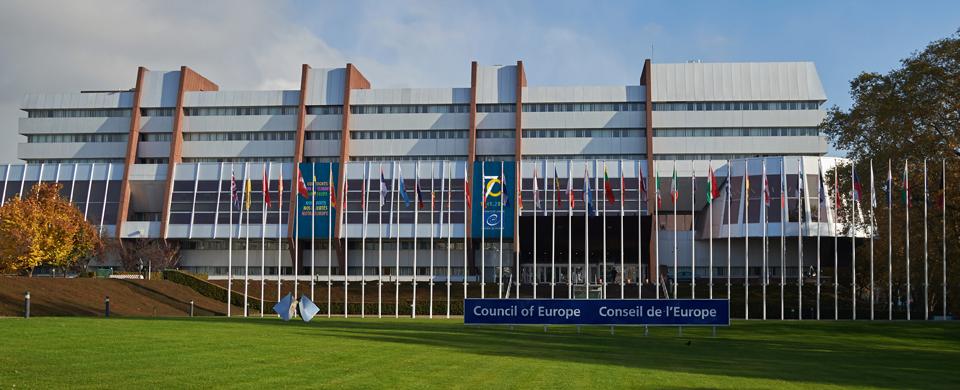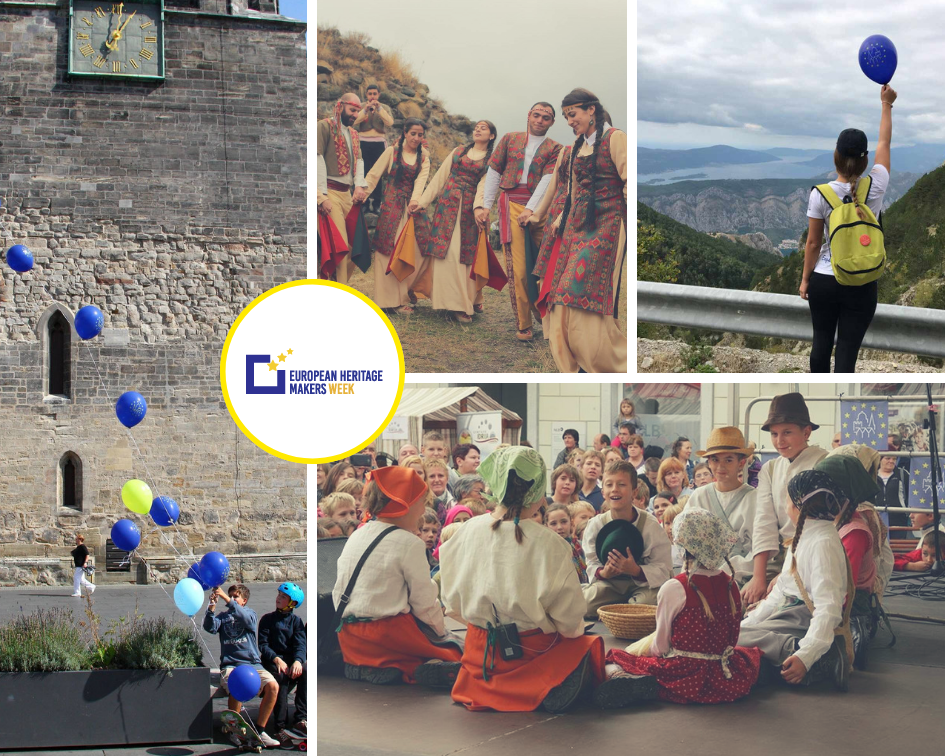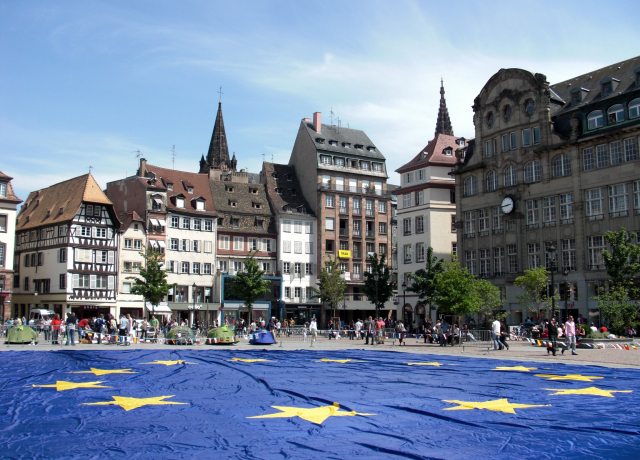Europe Day 2019: Celebrating Peace and Unity in Europe
Europe Day 2019: Celebrating Peace and Unity in Europe
Celebrated on 5th May by the Council of Europe and on 9th May by the European Union, the symbolic birthday of Europe is traditionally marked with numerous events throughout the continent. This year as well, Europe Day will bring nations together in a celebration of peace and unity that represent the foundation of modern Europe.
This May, Europe Day will be celebrated in both cultural and political institutions with various open door events, lectures, concerts, and youth activities. Citizens of all ages will have an opportunity to rediscover their European identity and learn more about the modern history of Europe.
Europe Day Celebrations
Different European institutions will mark Europe Day with thematic open door events.
 On the occasion of the 70th anniversary of the Council of Europe and the 60th anniversary of the European Court of Human Rights, the Council of Europe is organising an Open Day to mark the Europe Day. Visitors will have the oportunity to experiance Palais de l’Europe in Strasbourg, designed by French architect Henri Bernard and inaugurated in 1977 (next to the Orangerie park). Inside palais de l'Europe, visitors will have the opportunity to familiarise with the hemicycle where local and national parliamentarians from all over Europe meet, visit the Committee of Ministers meeting room, participate in a themathique quiz, descover numerous historical objects. The European Court of Human Rights housed in the building designed by the British architect Sir Richard Rogers, since 1995., also known as “the Strasbourg Court” will as well open the door of it's officially recognised “remarkable contemporary architecture”.
On the occasion of the 70th anniversary of the Council of Europe and the 60th anniversary of the European Court of Human Rights, the Council of Europe is organising an Open Day to mark the Europe Day. Visitors will have the oportunity to experiance Palais de l’Europe in Strasbourg, designed by French architect Henri Bernard and inaugurated in 1977 (next to the Orangerie park). Inside palais de l'Europe, visitors will have the opportunity to familiarise with the hemicycle where local and national parliamentarians from all over Europe meet, visit the Committee of Ministers meeting room, participate in a themathique quiz, descover numerous historical objects. The European Court of Human Rights housed in the building designed by the British architect Sir Richard Rogers, since 1995., also known as “the Strasbourg Court” will as well open the door of it's officially recognised “remarkable contemporary architecture”.
The local EU offices will open on 4th May in Brussels, on 9th May in Luxembourg, and on 19th May in Strasbourg. In addition to these, numerous concerts, conferences, and talks will be held across Europe, inviting citizens to become a part of Europe Day.
In the Czech Republic and Serbia, citizens are invited to music concerts that will be the centrepieces of the celebrations. Hungary will present different family programmes that will enable the youngest to take part and learn more about shared European values. For Slovakia, this year’s celebration carries a special significance as the country marks the 15th anniversary of its accession to the EU. In accordance with that, the whole first weekend of May (4-5) will be dedicated to Europe Day. In Portugal, Commissioner Carlos Moedas will have a dialogue with the citizens in Braga on 9th May, while Germany will organise a series of events throughout the month.
5-9 May European Heritage Makers Week

As one of the most exciting initiatives for the young #HeritageMakers to discover and experience Europe, European Heritage Makers Week will coincide with Europe Day. Encouraging the young to share their views on European heritage, European Heritage Makers Week provides a unique framework for exploring European values. Between 5th and 9th May, the submitted stories will be displayed on the europeanheritagedays.com portal before each country pre-selects five stories for the final, European level selection.
Cultural Routes to Receive Premio Carlos V
The Europe Day will also be celebrated with a special award in the field of heritage. The Cultural Routes of the Council of Europe programme will receive the Premio Carlos V award, a major recognition of people and projects that help enhance Europe’s cultural and historical value. The award will be symbolically presented on Europe Day by His Majesty the King of Spain at the Royal Monastery of Yuste.
#Ode2Joy Challenge
Starting in 2018 within the European Year of Cultural Heritage celebrations, Europa Nostra’s Ode2Joy challenge continues as a popular Europe Day initiative. Uniting individuals and groups in appreciating and interpreting Europe’s hymn, Ode to Joy, the challenge highlights what is uniquely European.
With over 130 contributions from over 25 countries shared in 2018, #Ode2Joy gained a great popularity among citizens of all ages. This year’s challenge was announced several months ago and all contributions will be symbolically unveiled on 9th May.
These are just some of the events that will help the citizens of Europe rediscover their shared history and identity. The historical, cultural, and political dimensions of these events will provide a comprehensive insight into what Europe is, how it reflects citizens’ individual identity, and why unity and peace are essential for our future together.
